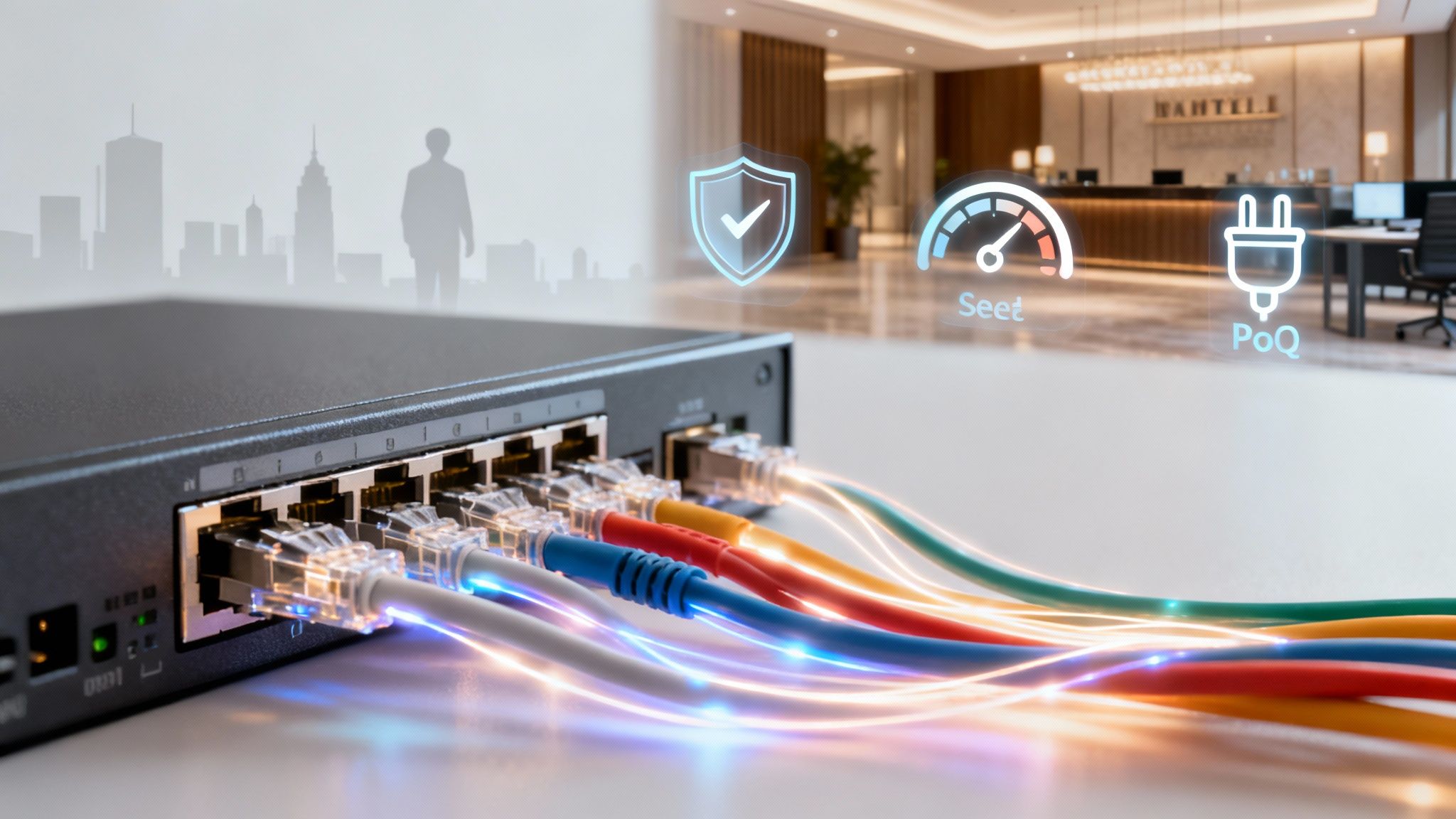What does 5G mean for WiFi?

5G is here and it's here to stay, it has already reached 228m global connections, and it's showing no signs of slowing down, despite the global coronavirus pandemic.
To understand how 5g works it's important to compare it to its predecessor, 4g, to grasp the real differences and benefits of 5g.
What's the difference between 4G and 5G?
5G has much higher speeds and capacity, and much lower latency, than 4G.
Because 5G can send and receive signals pretty much instantaneously, 5G offers mobile internet speeds of more than 10 Gbps. That is approximately one hundred times faster than 4G.
The latency is less than a millisecond with 5G. This means, theoretically, you could download a feature-length movie in HD in less than a few seconds.
In addition to faster download speeds, 5G is also expected to facilitate the implementation and adoption of the Internet of Things (IoT). This in turn could have implications for industries like manufacturing that increasingly rely on the IoT for digitally connecting their processes and factories.
[caption id="" align="aligncenter" width="1000"]

4G vs 5G Source: Thales[/caption]
Here's why 5G won't replace WiFi
WiFi-enabled devices
There are billions of existing and forthcoming WiFi-only devices on the market such as tablets, entertainment systems, and computer peripherals. They're not going to disappear anytime soon.
WiFi-specific functions aren't compatible with cellular networks
5G doesn't allow access to private servers, appliances or other LAN devices unless they are cloud-connected via the internet. For networks that have an infrastructure like this, WiFi is, and will continue to remain the best option.
WiFi is simply too prevalent and successful, especially within corporate environments
Organizations with a corporate wireless LAN can monitor and secure their network and user access to ensure data security. 5G connected devices, however, cannot offer this level of scrutiny.
The introduction of 5G will continue to have little impact on WiFi - the two will likely coexist, as 4G and WiFi do now.
Although there is overlap, the use cases for WiFi and 5G remain independent - it is even likely that WiFi will play a key role in many 5G developments as the technology grows.












